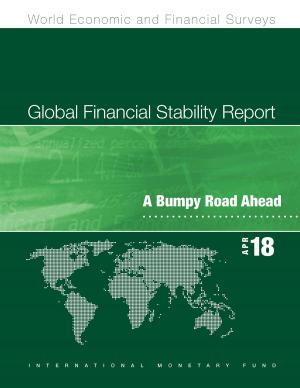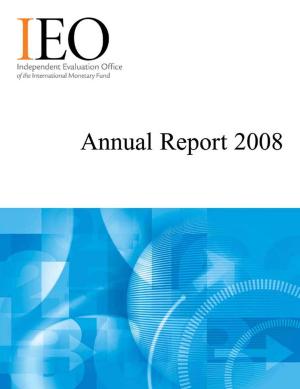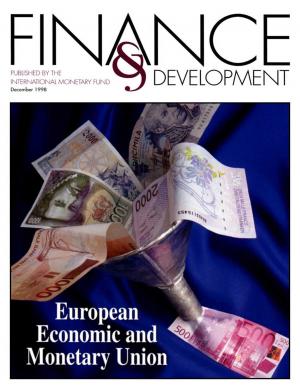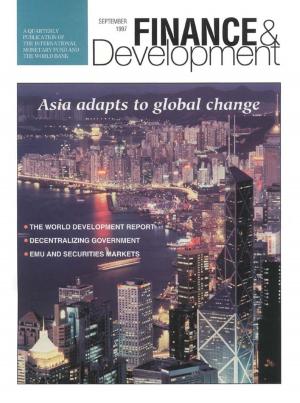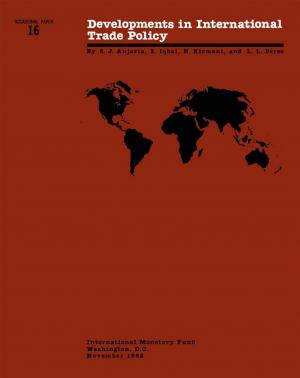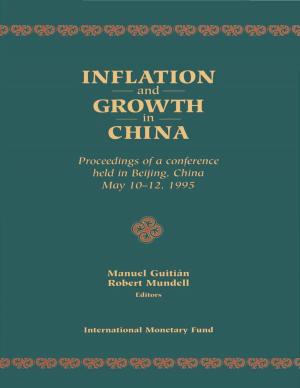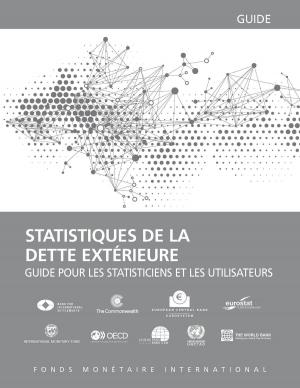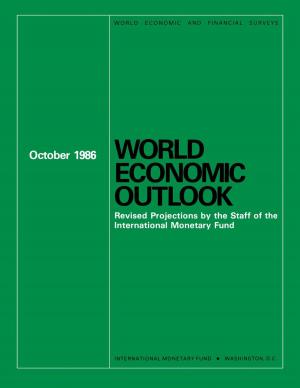Trade Issues in the Doha Round: Dispelling Some Misconceptions
Business & Finance, Economics, Money & Monetary Policy, International Economics, Nonfiction, Social & Cultural Studies, Political Science, Politics, Economic Policy| Author: | Stephen Mr. Tokarick | ISBN: | 9781455296200 |
| Publisher: | INTERNATIONAL MONETARY FUND | Publication: | August 1, 2006 |
| Imprint: | INTERNATIONAL MONETARY FUND | Language: | English |
| Author: | Stephen Mr. Tokarick |
| ISBN: | 9781455296200 |
| Publisher: | INTERNATIONAL MONETARY FUND |
| Publication: | August 1, 2006 |
| Imprint: | INTERNATIONAL MONETARY FUND |
| Language: | English |
The current round of multilateral trade negotiations-the Doha Round-presents an opportunity for countries to reap the benefits of trade liberalization. Unfortunately, a number of misconceptions about the likely impact of trade reforms has, in part, impeded more rapid progress toward completion of the Round. This paper addresses some of the most egregious of these misconceptions and presents results from IMF research that sheds light on these issues. In particular, this paper argues that: (i) developing countries have much to gain from their own trade liberalization; (ii) preference erosion could be significant for some countries, but it is not a justification for postponing tariff reductions; (iii) tariffs applied against agricultural products in rich countries actually harm developing countries more than subsidies; and (iv) a disproportionate share of agricultural subsidies in rich countries goes to large wealthy farmers.
The current round of multilateral trade negotiations-the Doha Round-presents an opportunity for countries to reap the benefits of trade liberalization. Unfortunately, a number of misconceptions about the likely impact of trade reforms has, in part, impeded more rapid progress toward completion of the Round. This paper addresses some of the most egregious of these misconceptions and presents results from IMF research that sheds light on these issues. In particular, this paper argues that: (i) developing countries have much to gain from their own trade liberalization; (ii) preference erosion could be significant for some countries, but it is not a justification for postponing tariff reductions; (iii) tariffs applied against agricultural products in rich countries actually harm developing countries more than subsidies; and (iv) a disproportionate share of agricultural subsidies in rich countries goes to large wealthy farmers.

